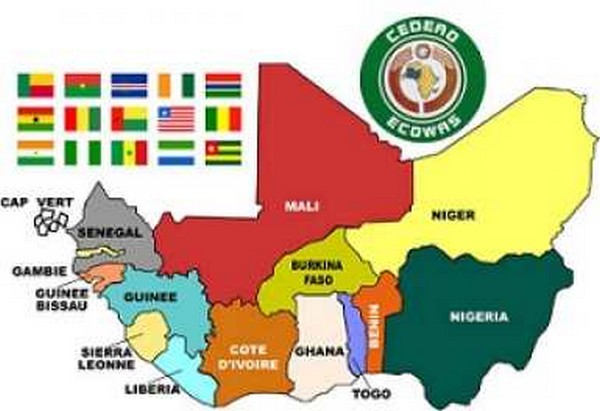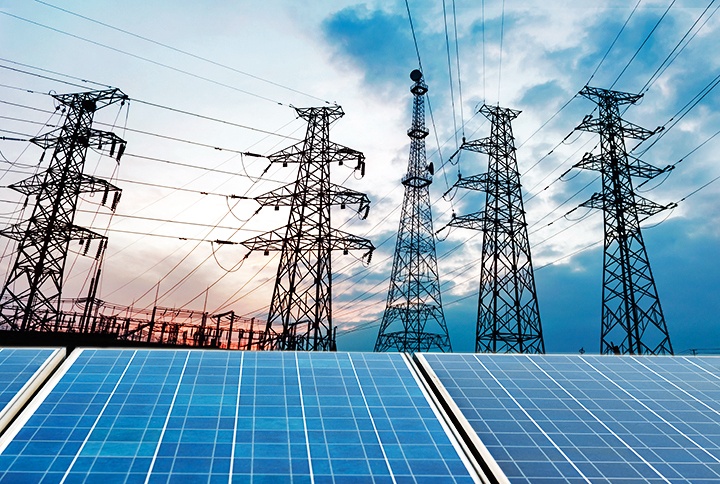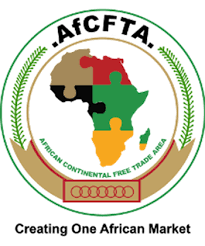The African Continental Free Trade Area (AfCFTA) has so far failed to boost Africa’s global trade participation that still stands at a mere 3%, according to a new report that assessed the progress in regional integration in the continent.
African countries continue to conduct a greater volume of trade with countries beyond the continent rather than among themselves, within the AfCFTA, largely driven by merchandise trade in 2023, says a report commissioned by the Economic Commission for Africa (ECA). Despite advancements in monetary and financial integration, the report indicates that member states have not fulfilled the macroeconomic convergence criteria despite progress in regional integration. The report stressed that despite the launch in 2021 of the AfCFTA, which unites the 55 members of the African Union (AU) and eight Regional Economic Communities (RECs), the expected improvements in intra-African trade have not come to fruition.
While progress has been made in the areas of roads and information and communication technologies (ICT), the ECA report paints a bleak picture of minimal advancements in rail transport and energy infrastructure due to challenges in securing financing. This comes as also the Economic Community of West African States (ECOWAS) has lamented low trade volume among its member states. Speaking at a recent briefing on the sub-regional body’s activities, the President of the ECOWAS Commission, Alieu Touray, decried that the current political situations within the subregion has overshadowed the efforts of the regional bloc at addressing the needs of citizens of the community. He added that despite the strategies and policies in place to encourage trading and movement of goods and people within the subregion, it is disheartening that trade amongst member states is abysmally low, noting that: “At the moment, our intra community trade stands around 12%. On the whole in Africa, intra continental trade is under 20% which is extremely low.”



